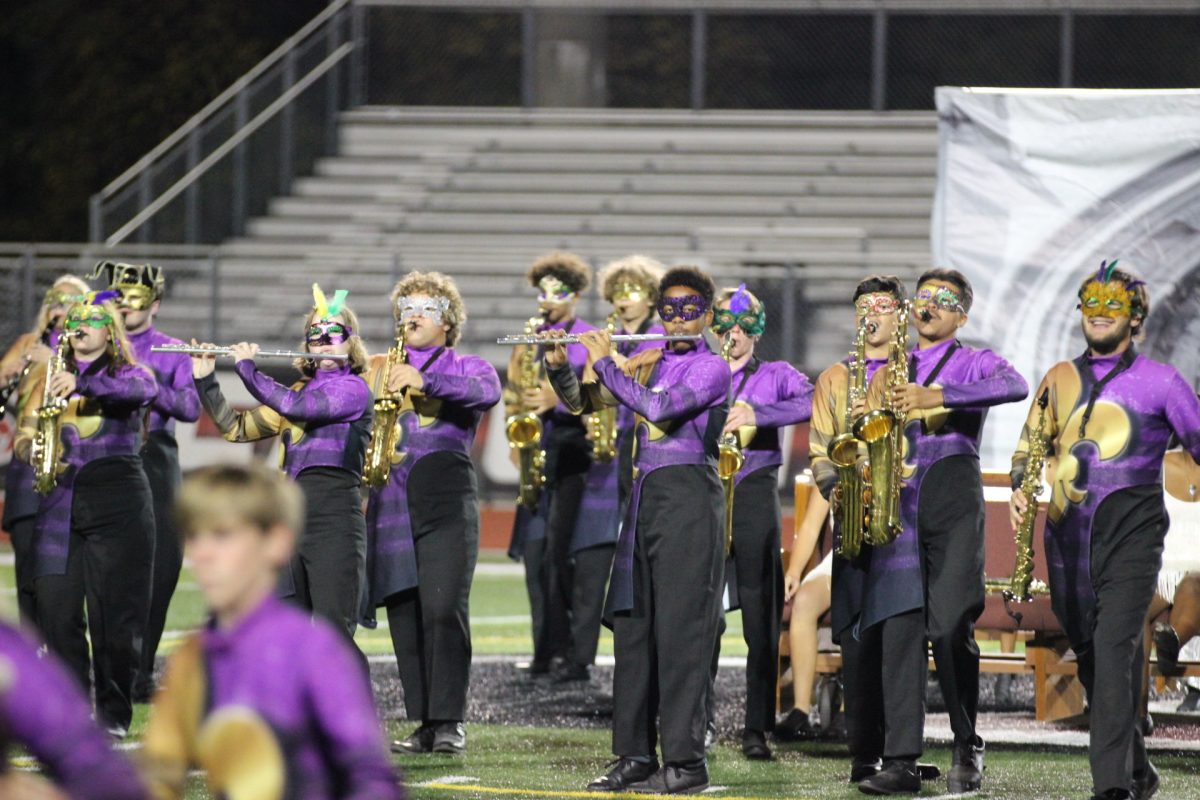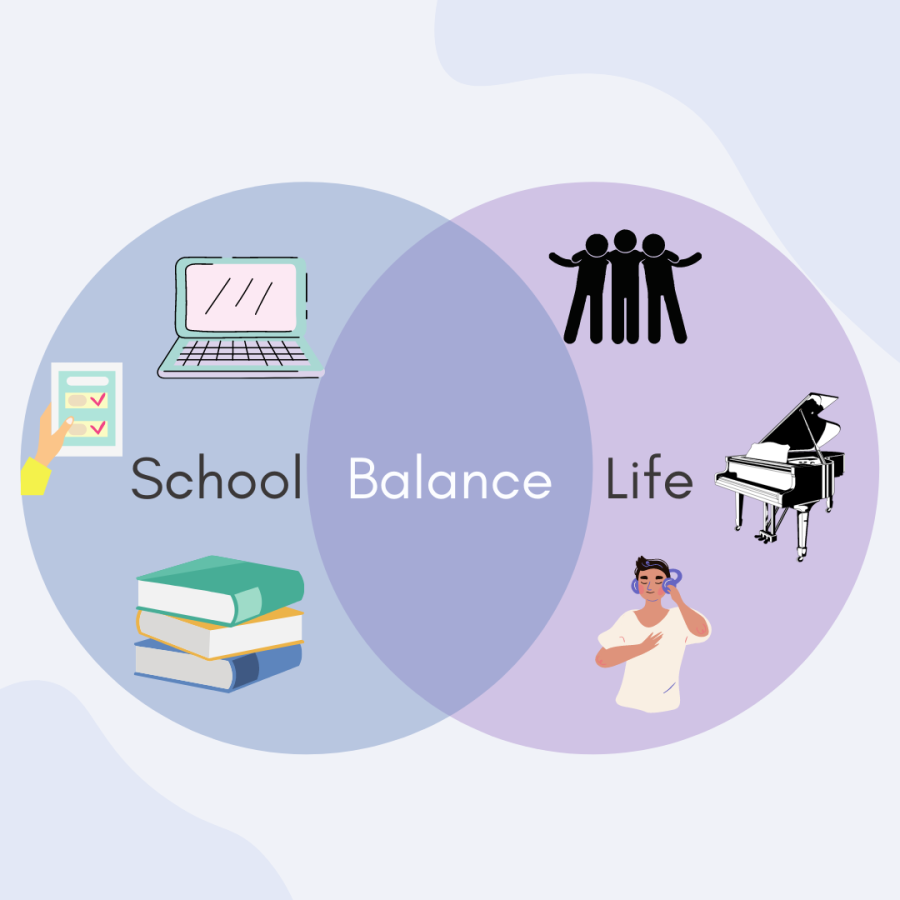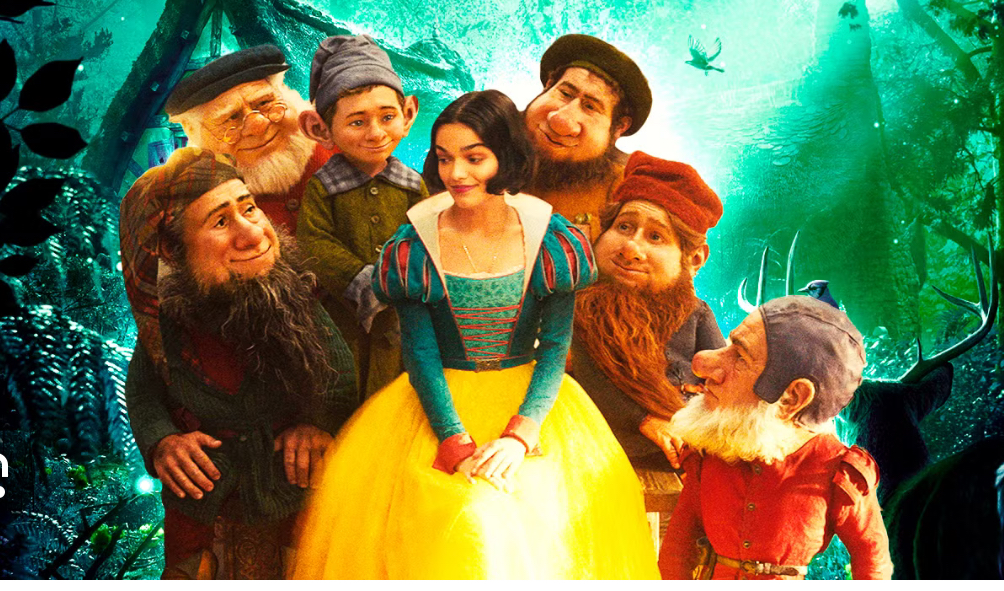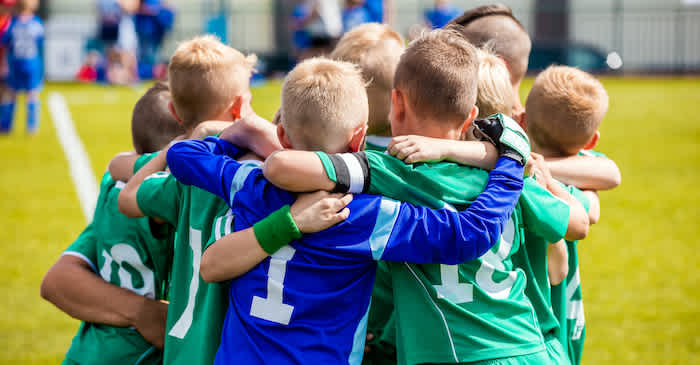Are Youth Sports Too Serious?
April 9, 2021
Sports are a big component of a child’s development. Through individual sports, such as golf, children can learn discipline, perseverance, and patience. With team sports, such as soccer, children learn to take turns, become coachable, make friends, and to respect others. If children don’t play sports in a recreational or school setting, many of them play kickball with their neighborhood friends. Sports have always been outlets for kids to experience growth and to have fun.
In recent years, less young people are playing sports. According to a study conducted by Michigan State University, about 70% of kids drop sports by the age of 13. Why? They’re not having fun. The problem with today’s youth sports in America is a combination of a few things: cutthroat coaching, overly intense parents, and the adultification through professional sports.
Coaches can be a really great, positive influence on a young child’s life, almost like a parental figure. However, some coaches are more interested in winning than for the kids to be active and enjoy sports. This is obvious when coaches play the best and most skilled kids on the team instead of giving everyone equal opportunities to play and experience the game. Coaches can become engrossed in the bragging and the pride that they forget their purpose: to provide children with character-building opportunities and lessons.
Another aspect of the youth sports problem is the parents. Parents are meant to be a source of encouragement for their children. Instead, many of them are hard on their young athletes by harshly critiquing them, and making them fear failure.
When I was younger, I was afraid of disappointing my parents when it came to my sports. I played many sports throughout my childhood, and throughout all of them, I had a nagging necessity to do well so I could make my parents proud. As a result, I became very hard on myself when it came to my sports. In recent years, I have realized that my parents just want me to have fun and take pride in how I play, but that doesn’t keep me from being hard on myself.
My parents have always given me the right amount of encouragement and advice to drive me to be better. They have never been really hard on me, but I have seen parents be hard on their children, and it makes me sick. Parents should never talk down to their kids all because they had a rough game. Parents should encourage their children to be better and praise them for their accomplishments.
The last and most contributing factor to the lack of youth sports is the influence of professional sports. Professional sports have one goal in mind: winning. If you win, you earn money and entertain the audience. Many people have transitioned this mentality into youth sports, more so with high school than recreational sports. The goal is supposed to be about enjoying the comradery of team sports and having pride in the way you play the sport. However, athletes now believe that it’s all about being the best on the team, having the best record, and winning no matter what. The biggest contributing factor of this adultification is when former college and professional athletes coach children. They have a cutthroat mentality instilled in them, and then they go on to put that mentality into the young athletes they coach.
However, most of these overlapping problems can be easily fixed. Parents almost always have their children’s best interests at heart, so they will be open to hearing their child voice their concerns and fears.
“I think parents can be overbearing,” states Triniti Smith, a former soccer player who played for ten years. “But if it becomes too much, then you should sit your parents down and tell them that it’s stressing you out.”
Coaches need to be educated on how children think and learn. They need to focus on learning sportsmanlike qualities from their coaches, not winning.
“It can go both ways, to be honest,” states Coach Beth Williams, the varsity girls’ lacrosse coach. “It all depends on the sport, situation, and area you live in. Parents and coaches tend to burn out athletes at a young age, which is why I think travel sports start way too young. However, coaches need to focus on teaching kids about drive and motivation. This keeps them from being burnt out. They need to be taught that not everyone wins, and that they have to work to earn a trophy.”
However, there cannot really be anything done about how society views sports. That all depends on how the child, parents, and coach choose to see the game, and not how society sees the game.




































